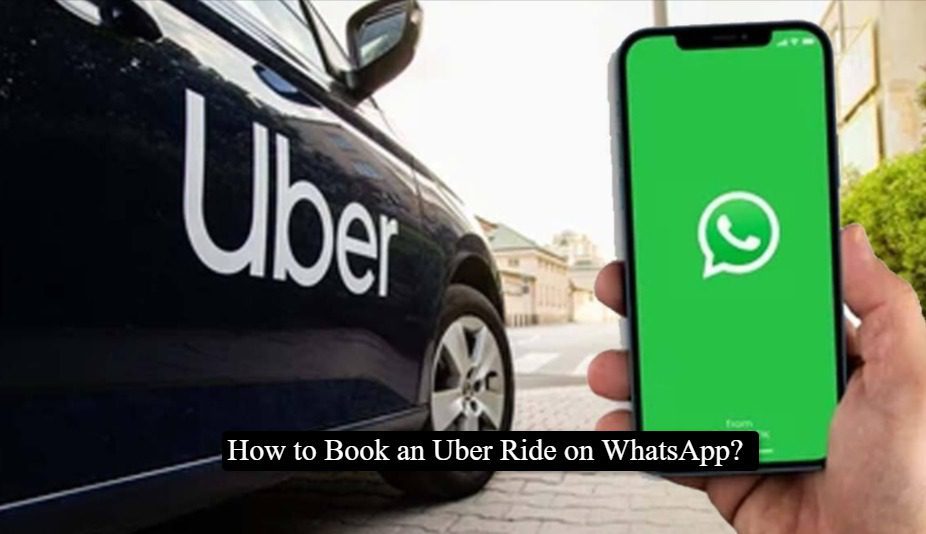Uber’s partnership with WhatsApp marks an impressive advancement for ride-hailing. Users are now able to book Uber rides directly through WhatsApp’s chat platform combining instant messaging’s convenience and Uber’s reliability in one seamless service experience. This integration represents an important step toward improving user accessibility while streamlining ride booking processes all within WhatsApp’s familiar chat interface.
Groundbreaking Integration for Seamless Booking
Uber and WhatsApp’s groundbreaking integration is revolutionary for ride-hailing services, providing users with an innovative new booking process through which they can book rides without needing the Uber app. Through WhatsApp users can manage everything from registration through trip receipt receipting directly. Not only does this revolutionary approach create an easier user experience but it opens Uber’s services up to more people who may prefer not downloading an additional application.
This feature remains faithful to the safety measures and insurance coverages offered through Uber app, providing users with key details like driver name and vehicle information during booking to ensure an easy, transparent, secure, and transparent experience. Uber has shown their dedication to safety by including this integration within WhatsApp interface providing peace of mind to their users navigating this platform.
How to Book an Uber Ride on WhatsApp
Booking an Uber ride via WhatsApp is designed for ease and convenience, starting by adding Uber’s official WhatsApp number (+91 7292000002). Initiating chat by saying either “Hi” or “Hi Uber” begins the booking process; users then share pick-up/drop-off locations via chat thread with one another with an option to send current location for pick-up if applicable.
Following these steps, Uber provides users with an estimated fare for their ride booking request so that they may easily confirm it through WhatsApp chat. Once approved by a driver, users then receive notifications in WhatsApp chat of how to track their ride; an example of their partnership that provides seamless booking experiences.
Key Points to Note
This feature’s exclusivity to WhatsApp-registered phone numbers demonstrates Uber’s strategic rollout into markets with strong WhatsApp adoption such as Delhi NCR and Lucknow regions, specifically targeting customers that link both services. Furthermore, Hindi and English services support are supported for optimal user satisfaction in these regions.
Uber puts safety as its top priority, and their new booking method maintains all of the same safety protocols found within traditional app-based booking. Users have direct access to safety instructions and emergency contact numbers via WhatsApp chat ensuring help can always be available when needed – this feature highlights their commitment and dedication towards user wellbeing in addition to revolutionising booking processes.
Revolutionizing the User Experience
Uber’s integration with WhatsApp marks more than just another new feature; it reimagines how ride-hailing services can be utilized and accessed. By capitalizing on WhatsApp’s widespread adoption and familiarity, Uber is breaking down barriers to entry for booking rides with them without downloading apps or having to navigate traditional booking platforms – an approach reflective of its user-first ethos, seeking to meet people where they are and provide services in a way which best fits each person.
Partnership between technology companies shows how technology companies can come together to enhance user experiences by working collaboratively to take advantage of each other’s strengths to develop innovative solutions. When implemented widely, this feature could set new standards of accessibility and convenience within ride-hailing.
Uber’s partnership with WhatsApp represents an extraordinary leap forward for user experience, giving users unprecedented ease and simplicity when booking rides. Not only has Uber made ride-hailing services more accessible but has also strengthened its commitment to safety and reliability – which promises further revolution of mobility technology integration over time.





